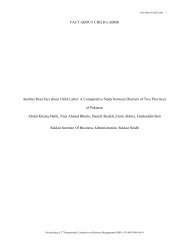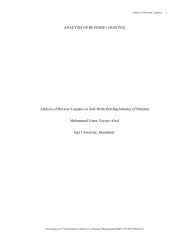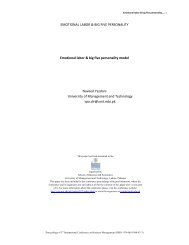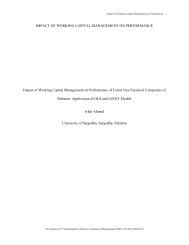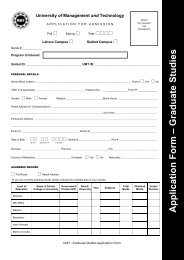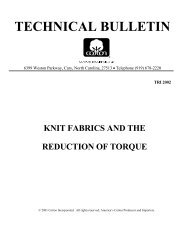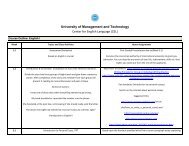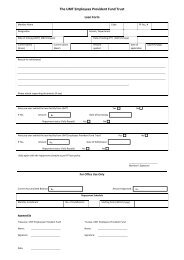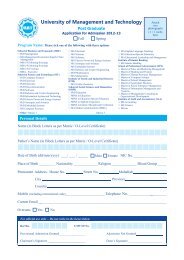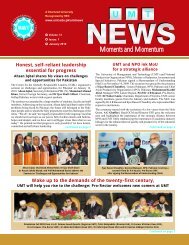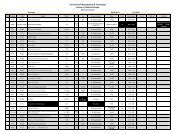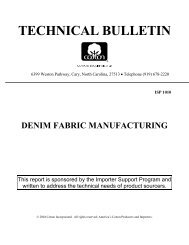Role Ambiguity And Employees Organization Based Self Esteem
Role Ambiguity And Employees Organization Based Self Esteem
Role Ambiguity And Employees Organization Based Self Esteem
You also want an ePaper? Increase the reach of your titles
YUMPU automatically turns print PDFs into web optimized ePapers that Google loves.
<strong>Role</strong> <strong>Ambiguity</strong> <strong>And</strong> <strong>Employees</strong> <strong>Organization</strong> <strong>Based</strong> <strong>Self</strong> <strong>Esteem</strong> 14Schaubroeck in 1991). The result of this study is congruent with the study of Jon L. Pierce,Donald G. Gardner, Randall B. Dunham and Larry L. Cummings in 1993 and also with the studyof Ortqvist and Wincent conducted in 2006 that has revealed significant affect of role stress onhigh turnover intentions, low commitment, low satisfaction and poor performance. The studyof Cynthia LeRouge, Anthony Nelson and J. Ellis Blanton (2006) also suggested that self esteemhad a significant moderating effect on the relationship between job satisfaction and role stressfit.Csiernik and Adams (2005) stated that employees with a greater sense of spirituality atworkplace perceive their organizations as being favorable and healthier environment for them.Workplace spirituality does help decrease the perception of workplace stressors and thuscontributes to a sense of wellness. The results of this study are also the same and suggestedthat workplace spirituality is a strong moderator of role ambiguity and OBSE. The change in thevalue of workplace spirituality moderates the relationship between the role ambiguity andorganization based self esteem of employees i.e. if the value of workplace spirituality is high thenegative relationship between the two variables, role ambiguity and organization based selfesteem will be weaken and if the value of workplace spirituality is low the negative relationshipbetween role ambiguity and organization based self esteem will be strong. This study adds tothe increasing evidence that scholar’s emphasis on spiritual needs in the workplace producesfavorable individual and organizational performance (Giacalone & Jurkiewicz, 2003; Malone &Fry, 2003). The results of this study suggested that organizations have to reframe theirapproach toward their working and the employees and such an intention call for organizationsto develop new systems in order to incorporate the employees’ behavioral changes which canbe achieved with the integration of spirituality at the workplace.RECOMMENDATIONS FOR FUTURE RESEARCH:This study opens the several areas for the future research. The recommendations are asfollows.• In future, the research can be made by measuring the effect of different job stressorincluding work overload on employees work attitudes.• Various other dimensions of employee work attitudes including employees worksatisfaction, organizational commitment and job involvement can be studied asvariables for attitude at workplace.• The similar study can be conducted by selected the top level employees in theorganization as target respondents.Proceedings of 3 rd International Conference on Business Management (ISBN: 978-969-9368-07-3)



